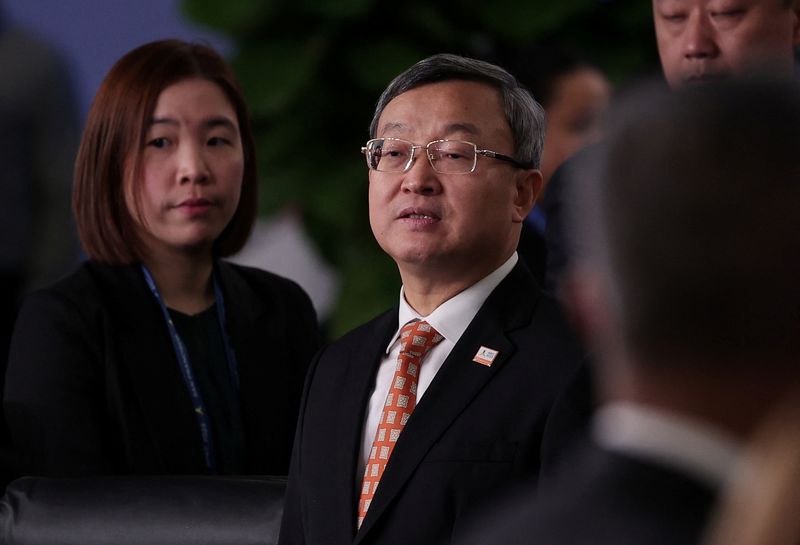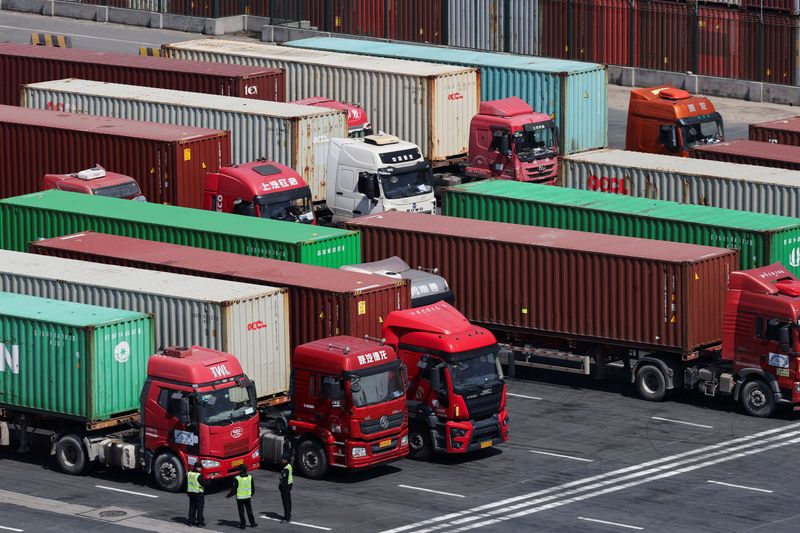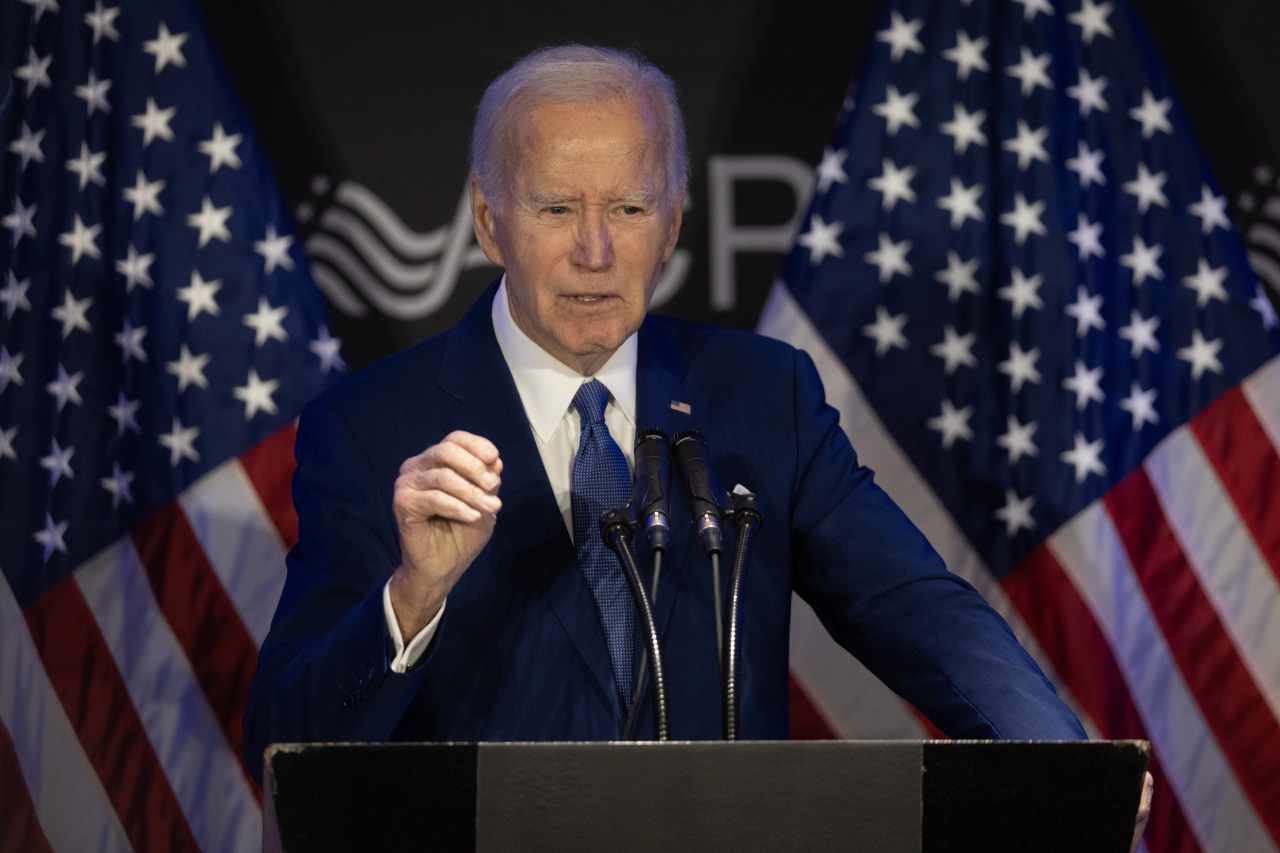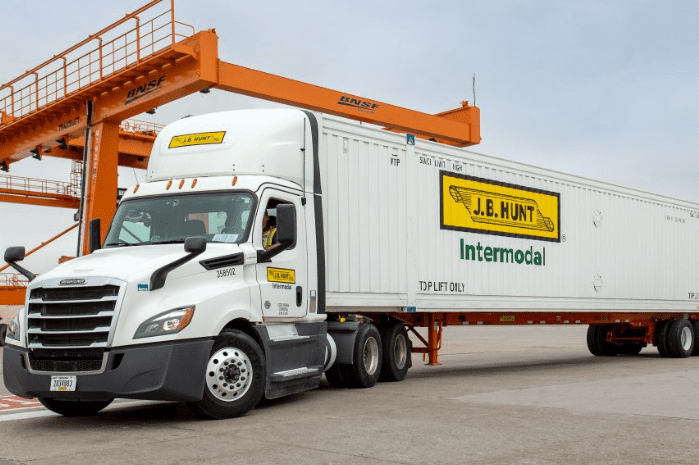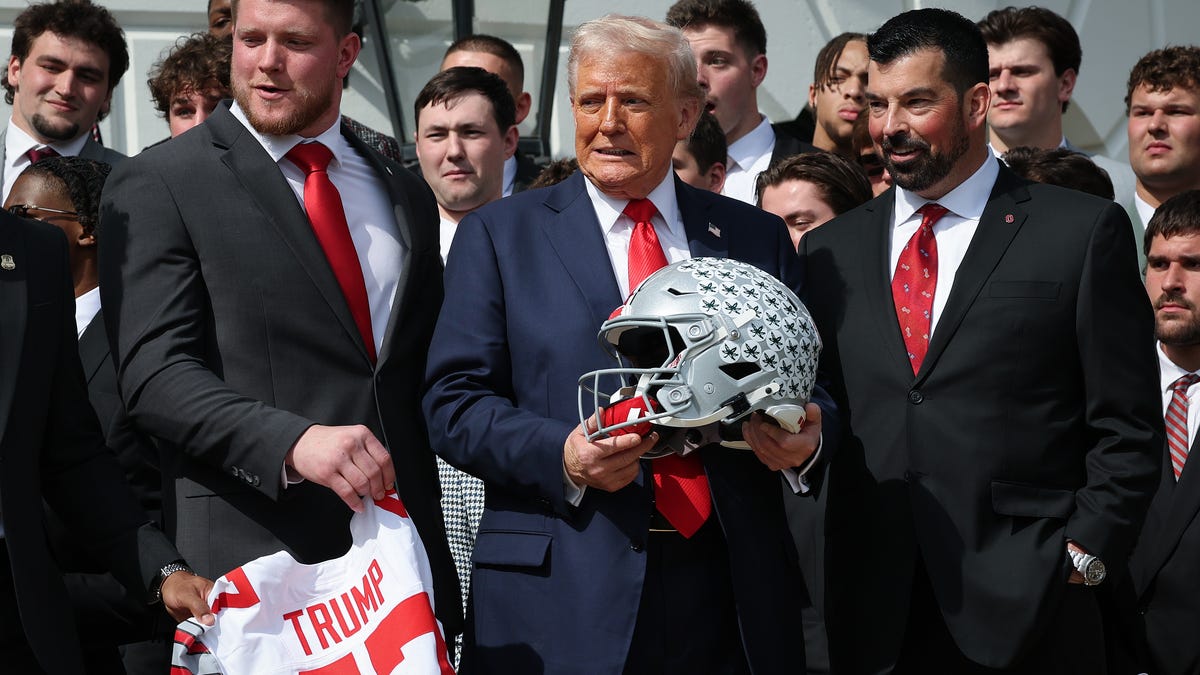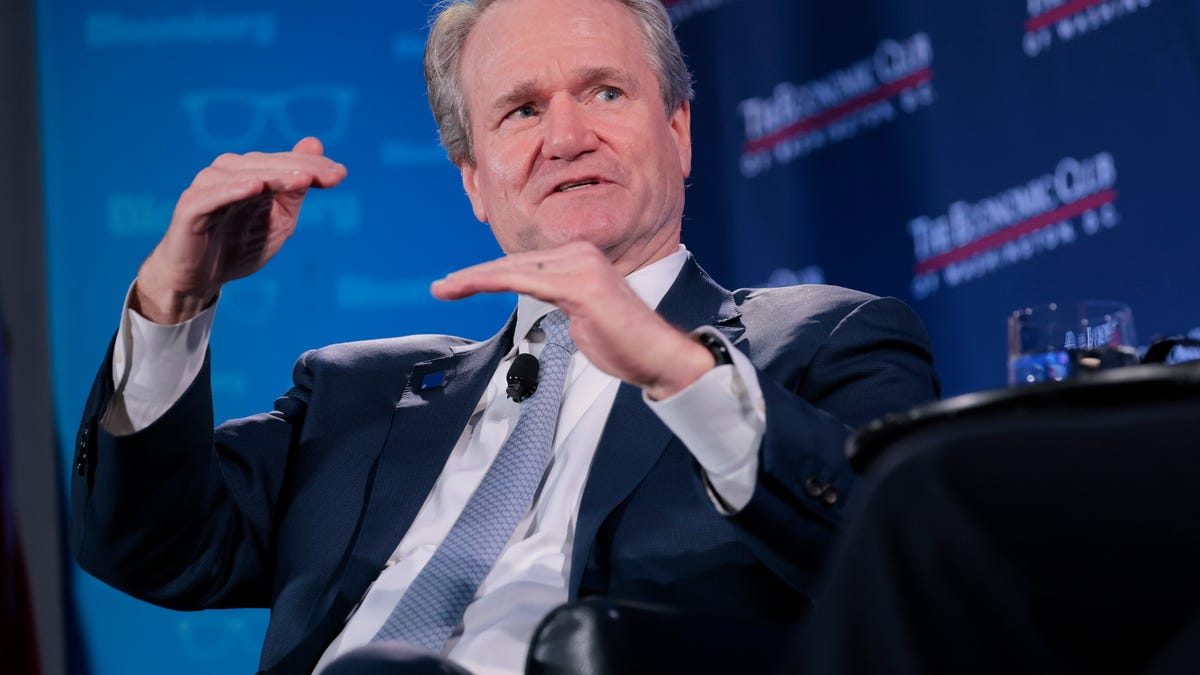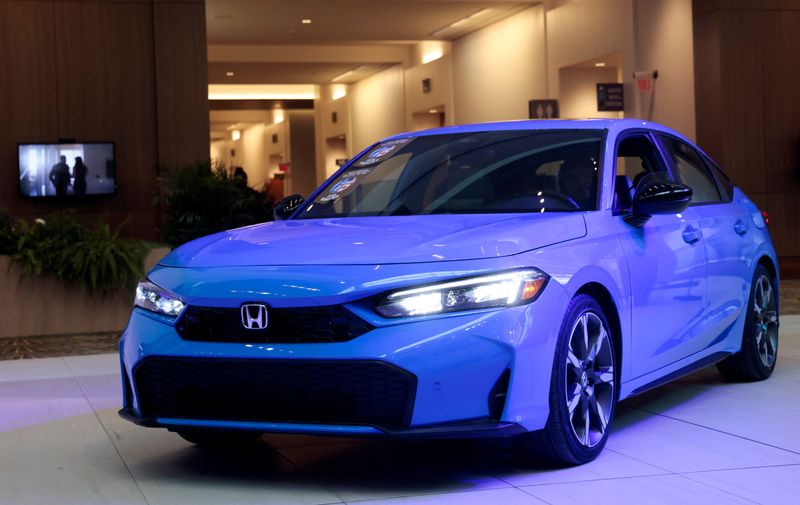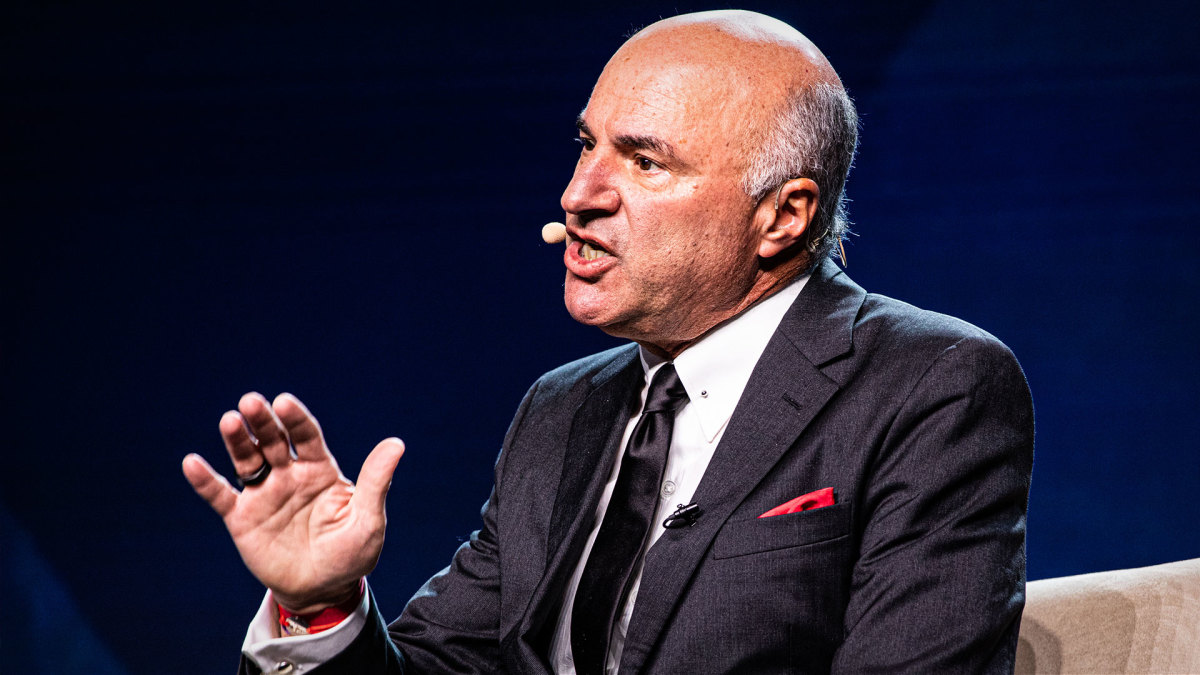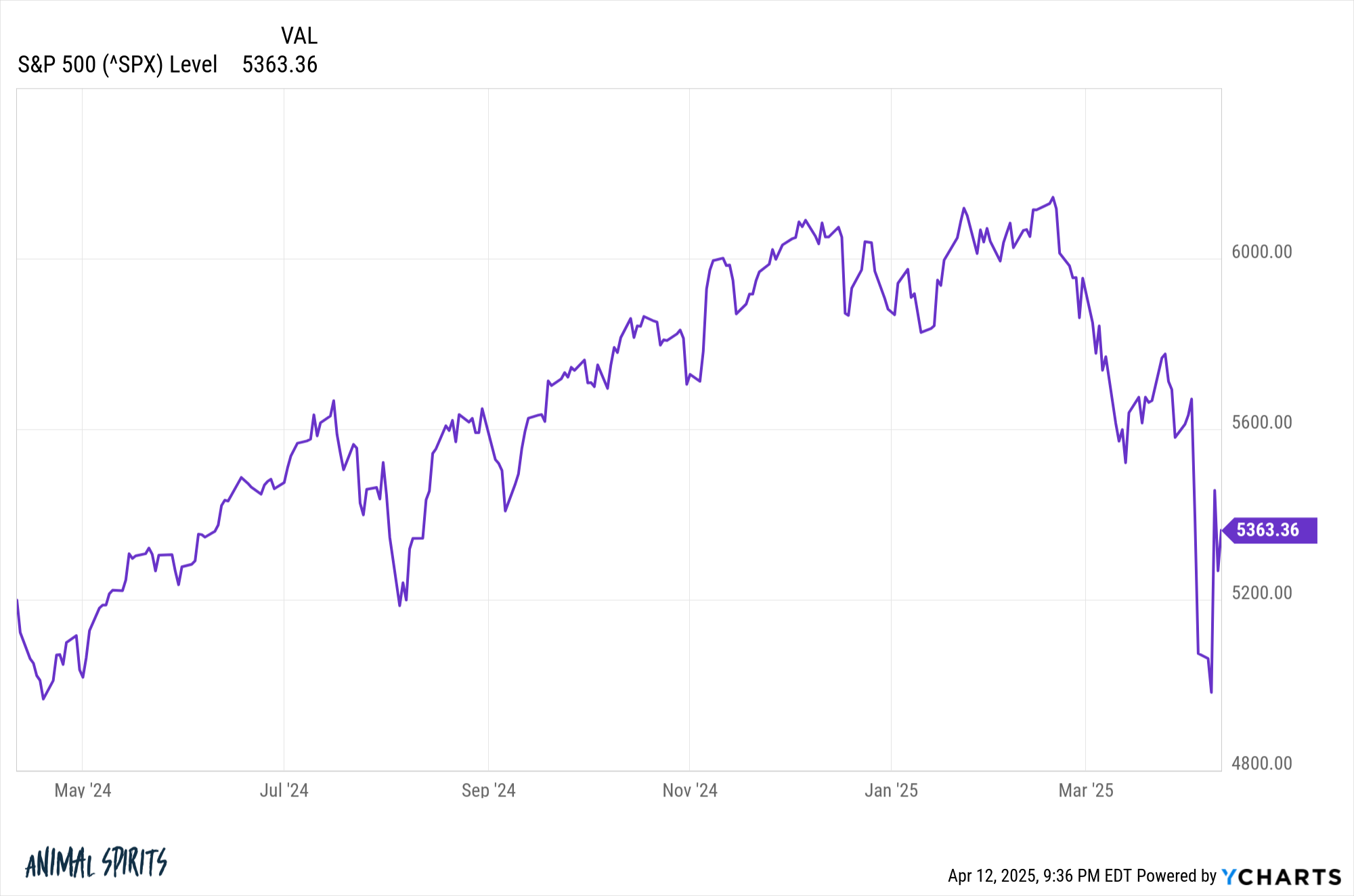Trump tariffs could prove nearly as harmful to U.S. auto market as Lehman collapse and COVID outbreak, warn S&P forecasters
In "one of the largest single-month changes" it has ever made to its forecast, S&P Global Mobility cut 700,000 cars from its annual U.S. sales estimate

- S&P Global Mobility cut 700,000 cars from its annual U.S. sales estimate as a result of President Donald Trump's tariffs on imported vehicles. It's "one of the largest single-month changes" it has ever made to its forecast.
President Trump’s tariffs that took affect earlier this month are proving to be almost as disruptive to the U.S. auto industry as the global coronavirus pandemic and the Lehman Brothers bankruptcy.
On Monday, auto industry forecaster S&P Global Mobility cut a staggering 700,000 cars and light trucks from its U.S. sales estimate for this year. Previously it had anticipated 16.2 million light vehicles sold in 2025.
“The impact of Trump’s auto tariffs, in combination with the 10% universal tariff, has led to one of the largest single-month changes we’ve ever made to the forecast,” wrote Stephanie Brinley in a research note. “Only changes reactive to the 2020 Covid global manufacturing pause and the 2008-09 global financial crisis were larger than the changes to the sales and production forecasts.”
Late last year, S&P Global Mobility—not to be confused with S&P Global's sibling credit ratings agency—predicted only mild growth of 1.2% for U.S. auto sales over last year’s nearly 16 million vehicles as a result of continued high sticker prices and an uneasy consumer.
Including the 700,000 unit cut to U.S. sales, the effect of the tariff should lower overall light vehicle sales worldwide by a grand total of 1.3 million units. Previously S&P Global Mobility estimated 89.6 million vehicles.
Trump’s tariffs went into effect on April 3 and imposed a duty of 25% on all imported, fully built vehicles. This comes on top of sundry other tariffs, including currently paused "reciprocal" tariffs that if implemented would differ depending on a country's trade balance with the U.S.
As a result, a number of automakers have already paused new vehicles shipments to the United States, including Volkswagen, its premium sister brand Audi and Mitsubishi Motors.
Even Jaguar Land Rover, a company heavily dependent on the U.S. market, has ceased exports. A full third of the U.K. carmaker’s overall volumes are sold in North America.
“The impact of the tariffs has potential to have a massive near-term impact on global sales and production, with the U.S. and North America feeling the worst of the impact," Brinley continued.
Trump now weighing whether to extend relief to the auto industry
On Monday, Trump suggested he was now considering ways to aid carmakers, but the situation remains so fluid that these latest statements could not be factored into Brinley’s analysis.
How the administration’s tariff regime may change going forward is not clear. Trump has flip-flopped several times already, including with the original one-month extension he granted automakers in February.
Commerce secretary Howard Lutnick did however state on ABC’s “This Week” Sunday news program that sectoral tariffs—unlike their so-called “reciprocal” cousins—are not meant to extract concessions via negotiated deals.
Instead they are fundamentally strategic in nature. This implies they are designed to facilitate re-shoring production of key industries rather than simply serve as a revenue driver to offset generous tax breaks Trump has planned, including an extension of his signature 2017 tax cut.
“Only about half of the vehicles sold in the United States are manufactured domestically, a decline that jeopardizes our domestic industrial base and national security,” the White House has said.
This story was originally featured on Fortune.com




